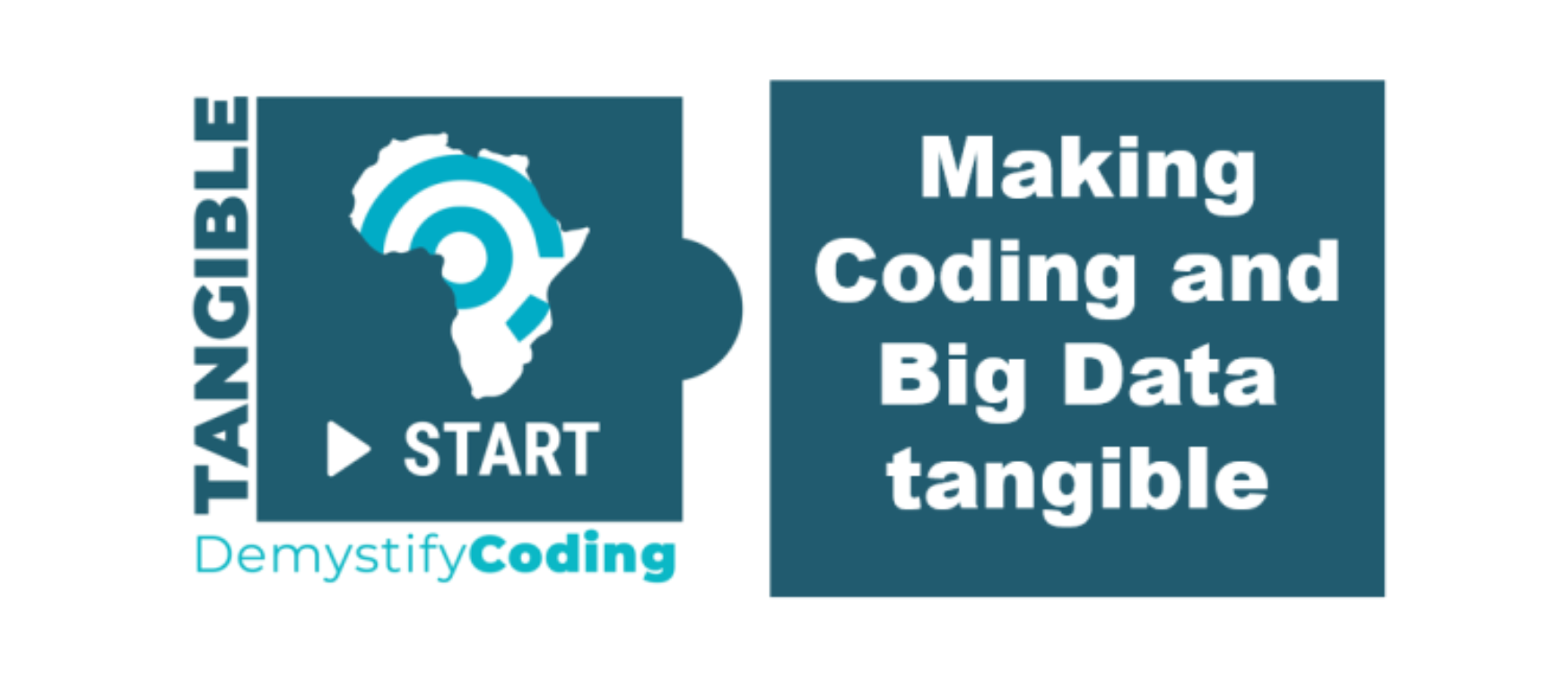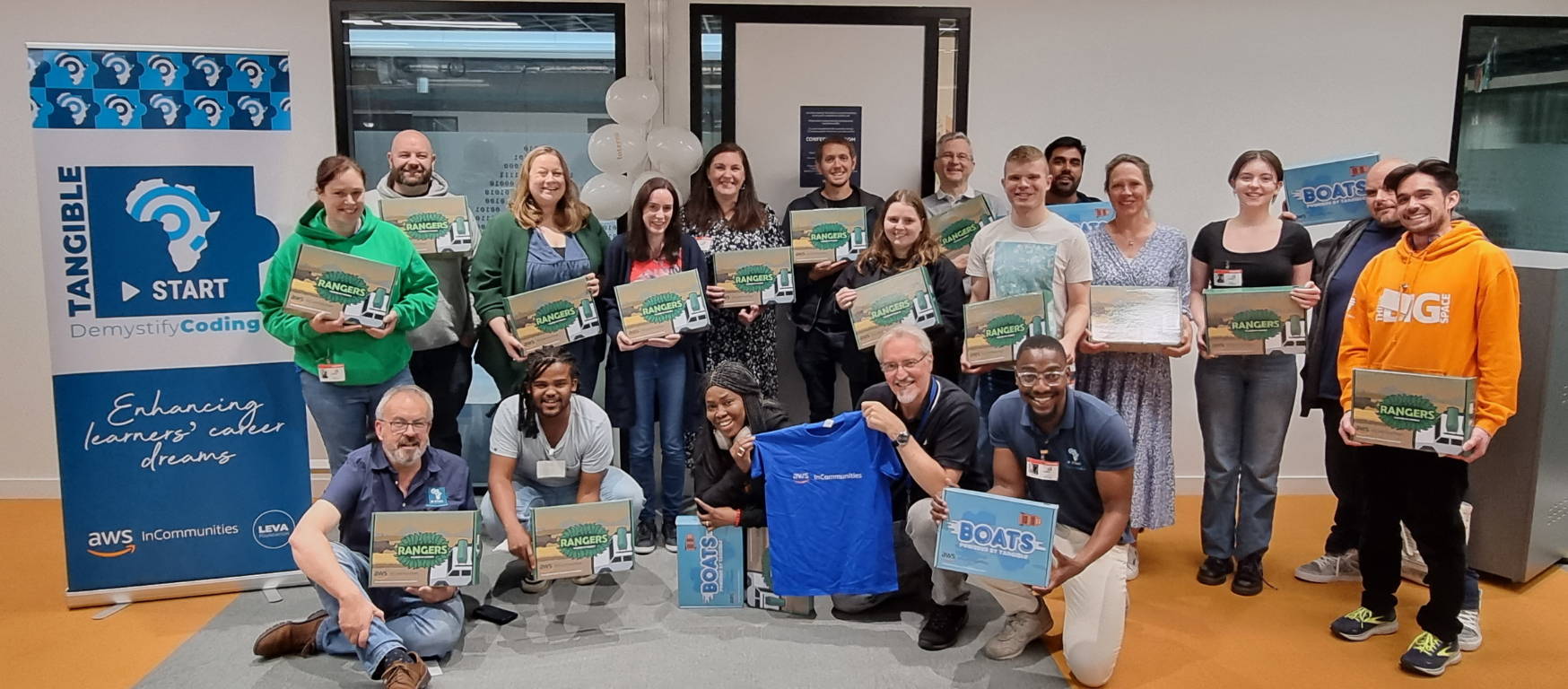Complete the survey to be in with the chance to win a LEGO Classic Large Creative Brick Box Construction Set
Take Survey
Imagine a world where every child, regardless of their circumstances, has access to the power of coding and computational thinking. A world where even those in remote "un-plugged" communities can become the software developers of tomorrow. This vision is the driving force behind Tangible Africa, a groundbreaking initiative that is revolutionizing education and empowering students to become problem solvers and critical thinkers.
Recently, CreativeHUT in partnership with AWS In Communities, had the incredible opportunity to host the "Tangible Africa" Master Training in Dublin. This training programme aimed to upskill over twenty new Tangible Master Trainers, equipped with the tools and knowledge to bring the transformative power of computational thinking to students of all ages across Europe.
So, what exactly is Tangible Africa, and how does it achieve its ambitious mission? At its core, Tangible Africa places coding concepts within reach of any child willing to learn, bridging the gap for those without access to computers, the internet, or electricity. It does this through cost-effective instruments, implemented by teachers or facilitators who might not be qualified programmers themselves. The brainchild of a 21-year-old student, Byron Batteson, the concept was born in Gqeberha, South Africa, and quickly gained momentum under the guidance of Prof. Jean Greyling from Mandela University.
The partnership between Byron and Prof. Greyling exemplifies the power of collaboration between students and teachers. Byron, now a software developer for Amazon in Cape Town, South Africa, brought the original TANKS app to life, while Prof. Greyling expanded the concept, making it a tangible reality.
Since its launch in 2017, Tangible Africa has grown to include two more apps, RANGERS and BOATS. These apps have already made a significant impact on tens of thousands of bright minds in countries as diverse as Ghana and Ireland. The goal is to give students access to the fundamentals of coding and support the development of computational thinking, empowering them with essential skills that will serve them well in any field they choose to pursue.
Computational thinking is more than just coding; it's a problem-solving approach that draws on concepts and techniques from computer science to tackle complex problems in a systematic and efficient manner. It involves breaking down problems into smaller, manageable parts and devising algorithms or step-by-step instructions to arrive at solutions. While computational thinking has its roots in computer science, its applications extend far beyond the world of programming.
The key concepts covered in the Tangible Africa programme are:

Notify me when available
We will send you a notification as soon as this product is available again.
We don't share your email with anybody